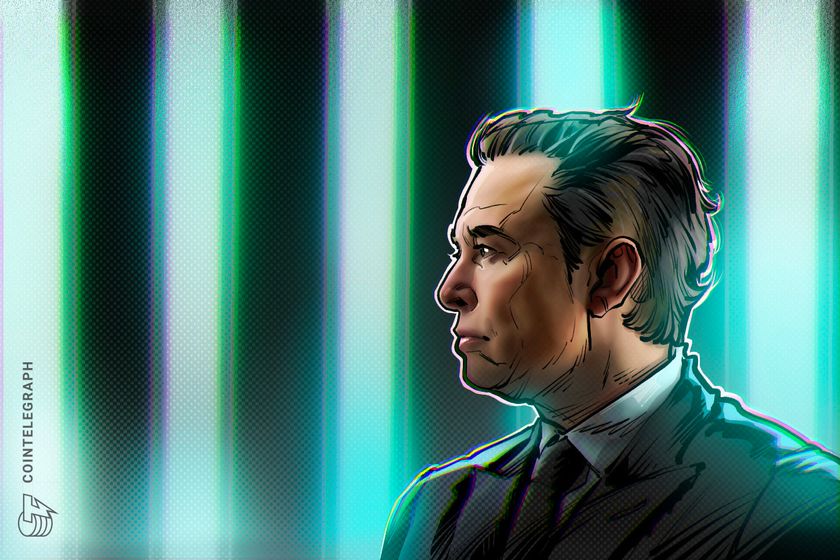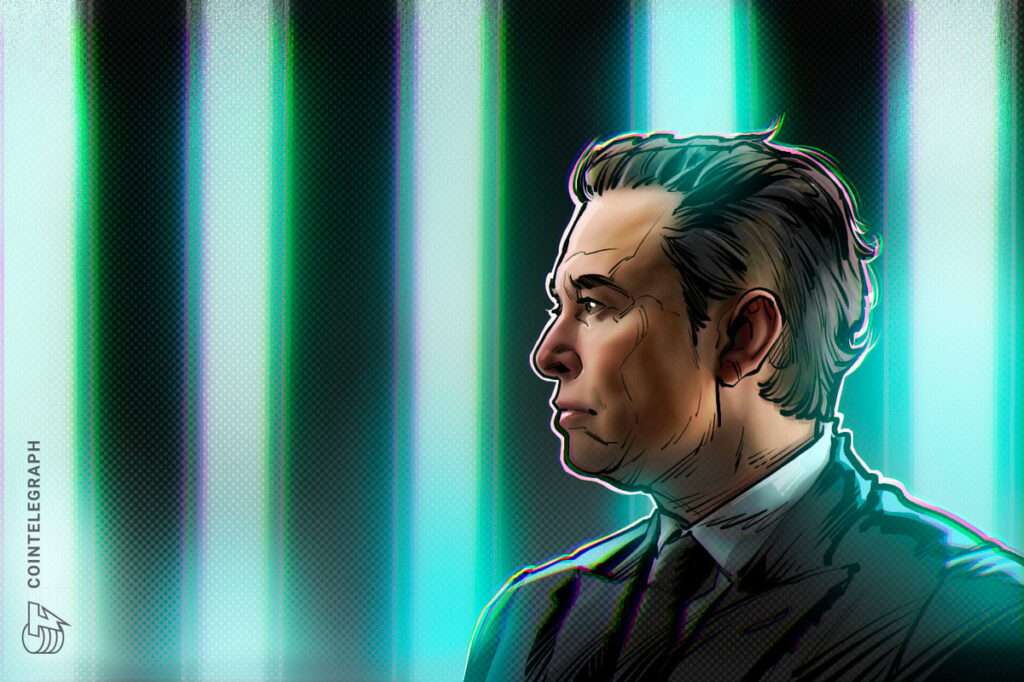
Opinion by: James Strudwick, govt director, Starknet Basis
The outlook surrounding the usage of new applied sciences has shifted in Washington. Tesla CEO and presidential adviser Elon Musk’s proposition to include blockchain know-how into the US Treasury has positioned blockchain and its use for state funds on the forefront of the worldwide debate. In line with Musk, a lot of this drive is rooted within the concern over the unsustainability of present authorities spending. With its immutable ledgers and clear audit trails, blockchain is ready within the wind, providing a possible answer to managing huge public funds.
Musk advocates for a unified information system that may monitor real-time funds, credentials and authorities assets, spurring a debate inside the fintech neighborhood concerning the professionals and cons of introducing such a device on the authorities stage. The concept is compelling, as the outline on the blockchain tin successfully guarantees accountability, traceability and streamlined operations. The shift right here, particularly to a blockchain-powered authorities infrastructure, presents a number of challenges that will show to be past what the brand new administration has anticipated to date.
Blockchain as state appendage
A priority for stakeholders orbiting the blockchain world revolves across the sheer scale of presidency operations. Day-after-day, the US authorities handles hundreds of transactions throughout numerous departments. The feasibility of Musk’s imaginative and prescient is put into query merely on account of its personal complexity. The provable safety that blockchain know-how should supply whereas dealing with hundreds of thousands of day by day transactions with out buckling underneath the load to succeed at this scale is gigantic.
A proposed answer by Musk is a hybrid mannequin that makes use of “Validium” zero-knowledge rollups. The pace and effectivity of contemporary ZK-rollups, which might deal with a whole lot of hundreds of thousands of transactions day by day, have the potential to verify every citizen’s share of presidency transactions is unbroken and verifiable. The know-how’s quickly evolving nature, scaling to deal with even increased transaction volumes within the coming years, signifies that this may very well be achievable.
Sadly, this in itself comes with its personal hurdles, notably when integrating public companies, which are likely to function in silos.
The human query
The good irony right here is that Musk’s declarations of presidency inefficiency as a cause for the continuing shakeups may very well be one of many greatest causes to not go forward with the plan. The actual impediment right here shouldn’t be a lot technological as it’s deeply, irrevocably human. The transition from archaic legacy techniques to the extra trendy infrastructure of blockchain requires not simply software program updates however a complete reprogramming of the workforce. Authorities staff embedded in forms are used to outdated techniques, and retraining them will probably be no small activity.
Latest: US housing dept mulls blockchain, stablecoin to pay and monitor grants: Report
Furthermore, present authorities databases are a labyrinth of poorly documented, indecipherable information. Extracting and migrating this information to a blockchain infrastructure is itself a activity that will require severe funding. For all its magnificence, blockchain wasn’t constructed to take care of such inefficiency. Regardless of its potential for dealing with complicated, distributed environments, the difficulties current within the system itself may make the transition extra difficult than the trouble is value.
Balancing transparency and confidentiality
Transparency of federal spending can be an element value highlighting. The innate power of blockchain and its much-lauded attraction is its power. It permits residents to trace how public funds are allotted and spent. Musk’s premise may foster a so-far unseen stage of accountability, which makes transactions, each delegation of energy and each useful resource distribution seen to the general public in real-time.
The issue is that delicate authorities information, categorised info or private identification may very well be dangerously uncovered on a public blockchain. Musk’s response is to attempt to tether delicate information to non-public channels within the blockchain and make sure that solely people with the suitable authorization or from particular departments can entry confidential info. Theoretically, this addresses the safety concern whereas permitting blockchain’s public verifiability.
Musk’s supply may result in a extra environment friendly, accountable system. The social drive behind that is the longstanding criticism of wasted spending and useful resource misallocation. There’s additionally a chance of strengthening democratic processes by holding public officers extra accountable. A decentralized authority has the broader affect of empowering residents by means of real-time entry.
There’s a forward-thinking side to the imaginative and prescient. It raises a profound query. Expertise may handle human governance challenges, however we run the danger of a basic shift in how we perceive privateness and accountable authority. As we query the character of governance, it warrants cautious consideration of the function of blockchain and what it may in the end imply for the way forward for society as an entire.
Opinion by: James Strudwick, govt director, Starknet Basis.
This text is for common info functions and isn’t meant to be and shouldn’t be taken as authorized or funding recommendation. The views, ideas, and opinions expressed listed below are the writer’s alone and don’t essentially replicate or characterize the views and opinions of Cointelegraph.
